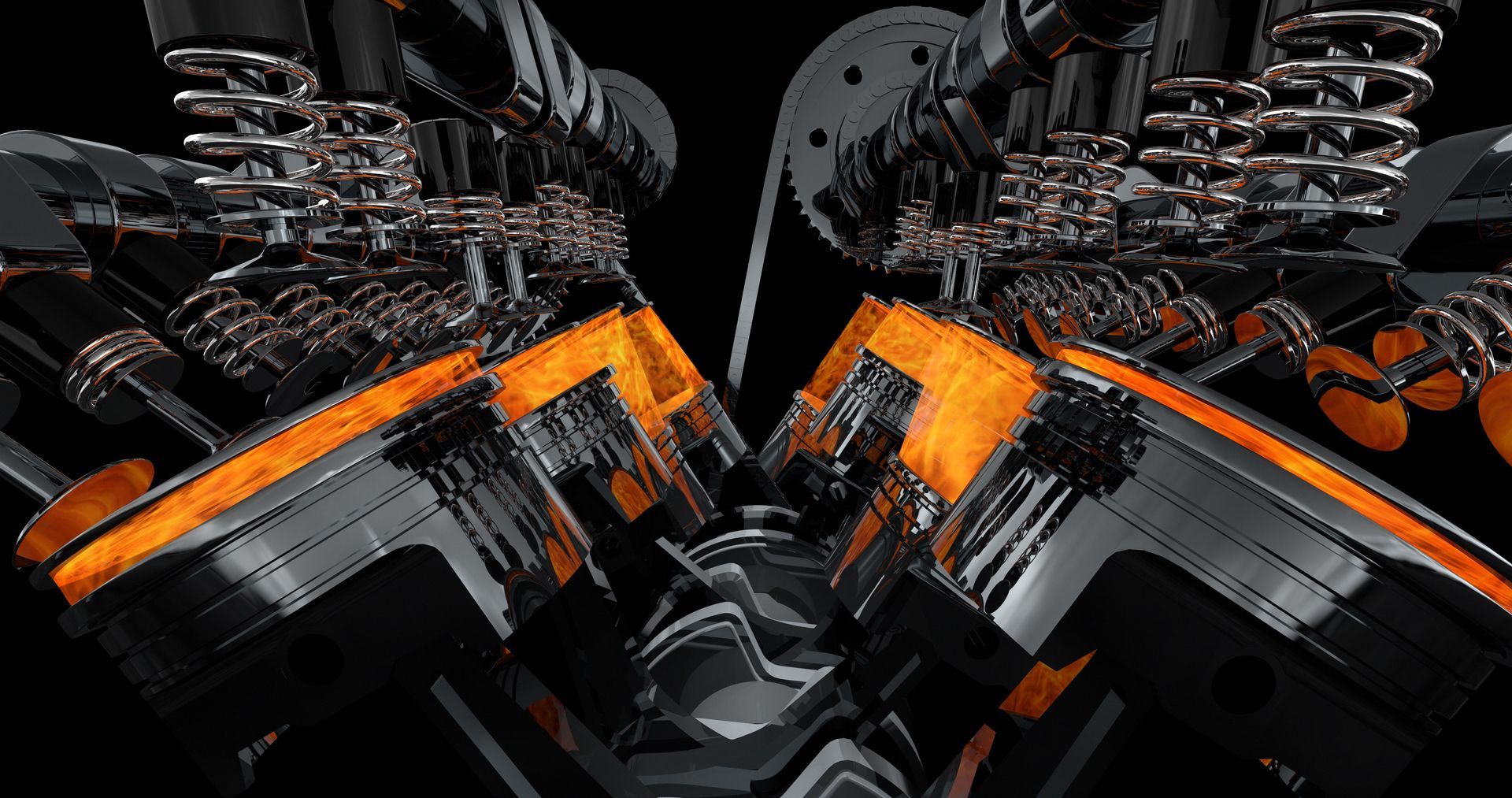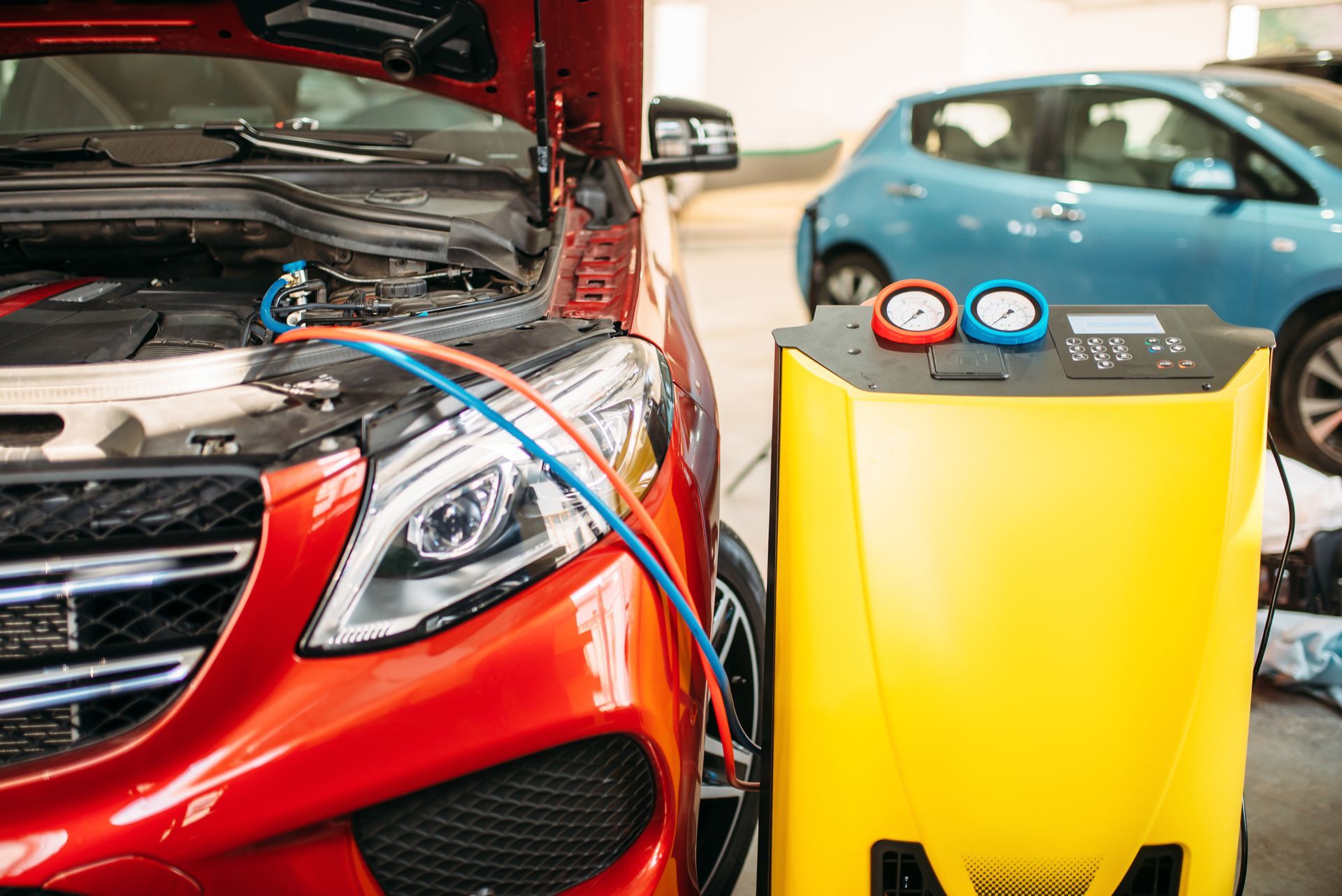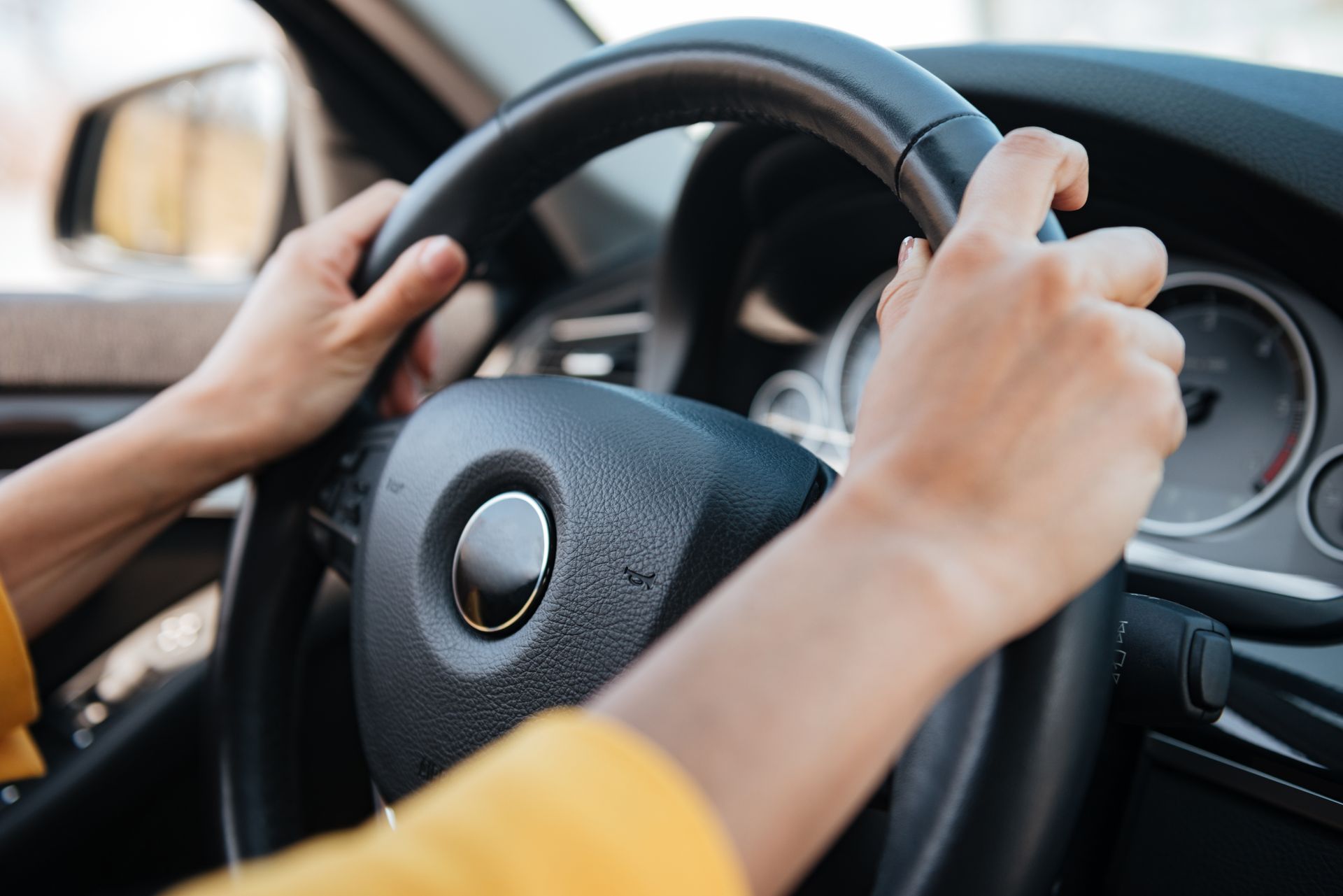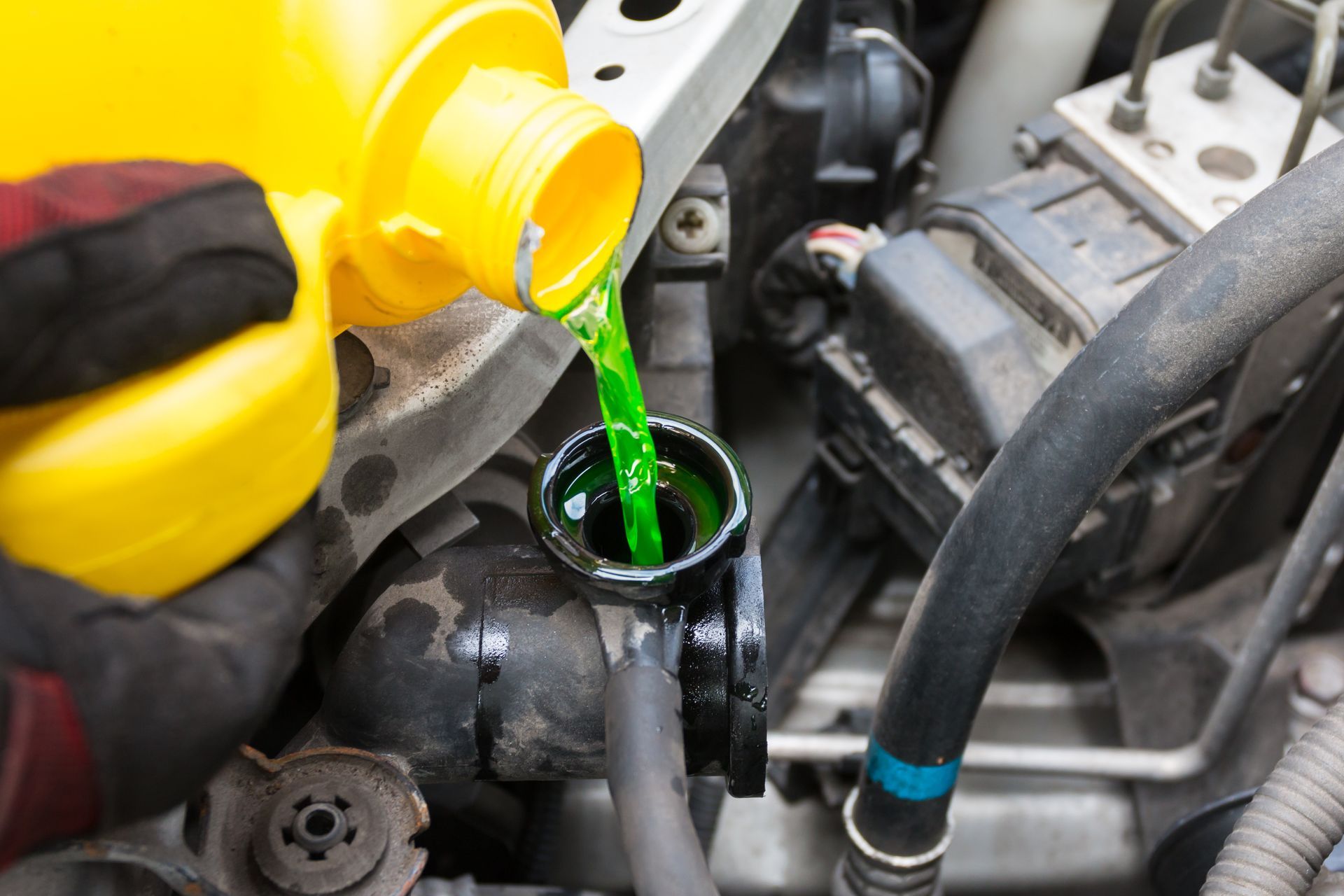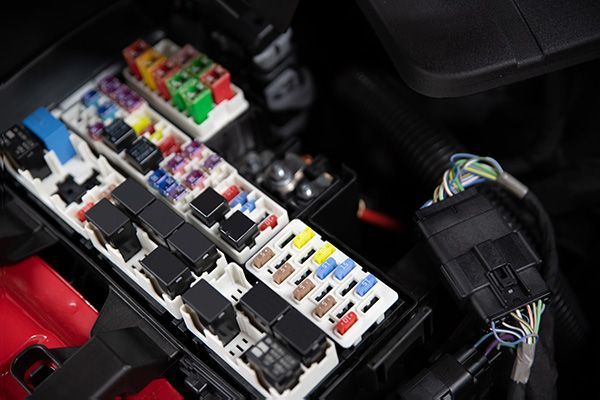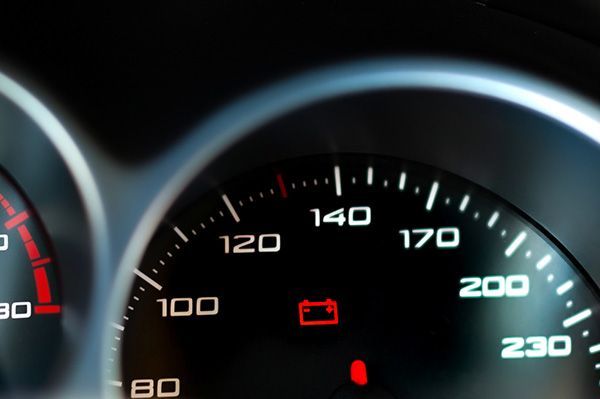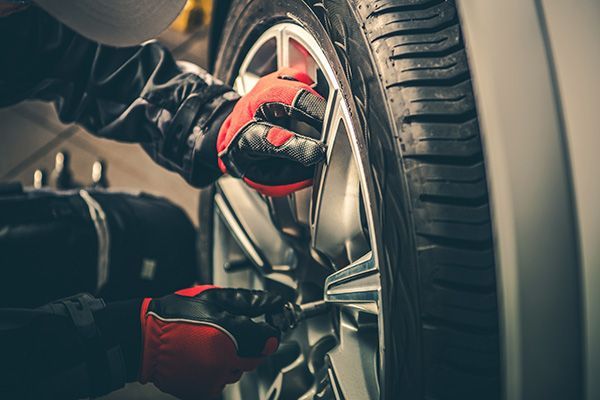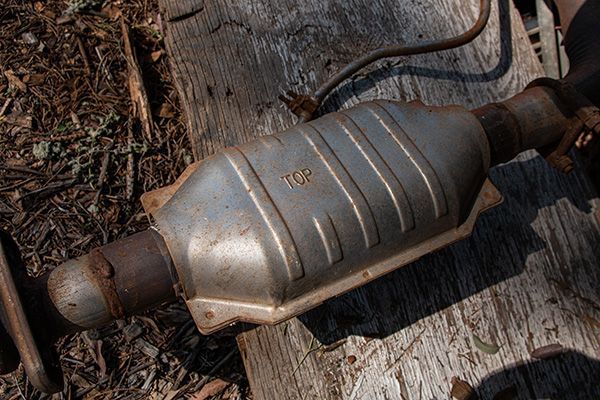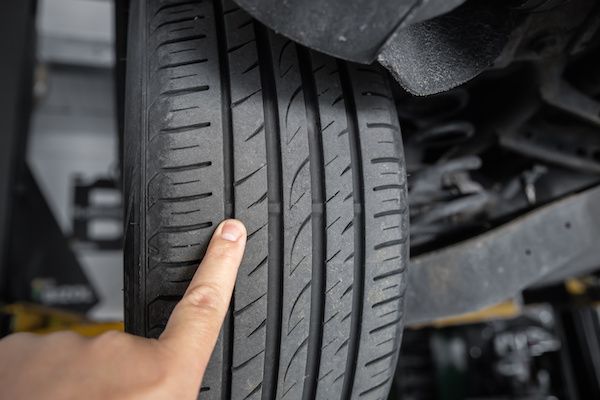
Have you wondered why those grooves on your tires are so important? Tread depth might seem like a minor detail, but it plays a crucial role in your vehicle's safety and stability. The condition of your tires can be the difference between a smooth, safe ride and a hazardous journey. Learn the importance of tread depth and how it impacts your driving experience.
The Importance of Tread Depth
Tread depth refers to the vertical measurement between the top of the tire tread and the bottom of the tire's deepest grooves. These grooves maintain traction on the road, especially in adverse weather conditions. When your tire treads are deep enough, they help channel water, snow, and debris away from the tire's contact patch, ensuring better grip and control.
Proper tread depth is crucial for effective braking and acceleration. When your tire treads are shallow or worn out, your vehicle's ability to maintain traction decreases significantly. This can lead to longer stopping distances and reduced handling, both of which are major safety concerns. Regularly checking your tire tread depth and ensuring it's within safe limits is an easy yet vital maintenance task.
How Tread Depth Affects Vehicle Safety
One of the most significant ways tread depth affects vehicle safety is through its impact on stopping distance. Tires with sufficient tread depth can effectively grip the road, reducing the distance it takes for your car to come to a complete stop. This is particularly important in wet or icy conditions, where the risk of skidding and hydroplaning increases.
Hydroplaning occurs when a layer of water builds up between the road surface and your tires, causing a loss of traction. Adequate tread depth helps prevent this by channeling water away from the tire, allowing it to maintain contact with the road. Without sufficient tread depth, your vehicle is more likely to hydroplane, leading to a dangerous loss of control.
The condition of the tires also affects your vehicle's handling and stability. Tires with deeper treads provide better traction, improving cornering and overall stability. This is especially important during high-speed driving or when navigating sharp turns. Worn-out tires, on the other hand, can cause your vehicle to feel unsteady and less responsive, increasing the likelihood of accidents.
Legal Requirements and Recommendations
Different regions have specific legal requirements for minimum tread depth. In most places, the minimum legal tread depth for passenger vehicles is 2/32 of an inch. However, the safety experts recommend replacing your tires when the tread depth reaches 4/32 of an inch (about 3.2 millimeters) to maintain optimal safety and performance.
You can use a tread depth gauge or the penny test to measure your tread depth. Insert a penny into the tire tread with Lincoln's head facing down. If you can see the top of Lincoln's head, it's time to replace your tires. Regularly inspecting your tires for uneven wear, cuts, or punctures is also crucial for maintaining vehicle safety.
Tips for Maintaining Optimal Tread Depth
Maintaining optimal tread depth is essential for ensuring vehicle safety and performance. Here are some tips to help you keep your tires in top condition:
- Regular Inspections: Check your tire tread depth at least once a month and before long trips. Look for signs of uneven wear, cuts, or punctures.
- Rotate Your Tires: Regularly rotating your tires helps ensure even wear and extends their lifespan. Follow your vehicle manufacturer's recommendations for rotation intervals.
- Proper Inflation: Keeping your tires properly inflated helps maintain even tread wear and improves fuel efficiency. Check your tire pressure regularly and adjust it according to your vehicle's specifications.
- Alignment and Balancing: Ensure your wheels are properly aligned and balanced to prevent uneven tire wear. Misalignment can cause your tires to wear out prematurely and affect your vehicle's handling.
- Avoid Overloading: Overloading your vehicle can put excessive stress on your tires, leading to premature wear. Stick to your vehicle's load capacity limits to prolong tire life.
Don't compromise your safety on the road. Visit Morin Brothers Automotive for a comprehensive tire inspection and ensure your vehicle's tread depth is up to par. Schedule your appointment today and drive with confidence!

